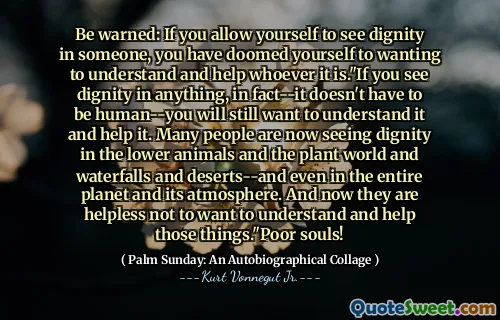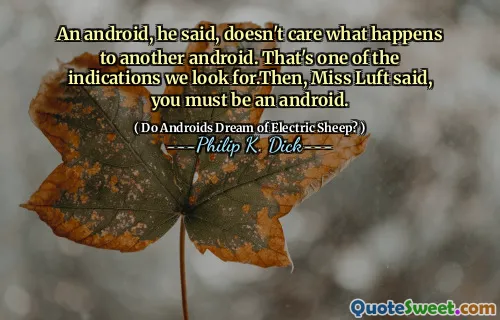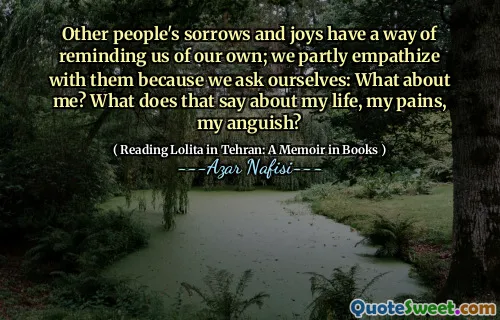
A novel is a bridge from one heart to another. - Anon
The analogy of a novel as a bridge between hearts beautifully encapsulates the profound power of storytelling. Literature serves as a conduit, connecting readers and characters across different worlds, experiences, and emotions. When we immerse ourselves in a novel, we step into the shoes of others, experiencing joys, sorrows, hopes, and fears that may be vastly different from our own. This shared vulnerability fosters empathy, allowing us to understand lives outside our personal realities. It reminds us that despite differences in culture, background, or circumstances, human emotions remain interconnected. Reading becomes more than an individual activity; it transforms into a communal act of understanding and compassion.
The bridge analogy also highlights the timeless nature of storytelling. Just as bridges link places separated by rivers or valleys, stories link people separated by time and space. They preserve histories, cultures, and personal journeys, creating a continuity that binds generations. In a world increasingly divided by differences, novels serve as tools for building bridges—fostering a sense of shared humanity. Moreover, authors craft these bridges intentionally, designing narratives that evoke empathy and insight.
Furthermore, on a personal level, reading a novel can be an emotionally transformative experience, opening our hearts and minds to perspectives we might not encounter otherwise. It’s through these evocative stories that we can find refuge, understanding, and a sense of belonging. Whether it’s through the characters’ struggles or triumphs, novels teach us about resilience and hope, cementing their role as vital connectors in the fabric of human society.
In sum, the quote underscores the fundamental role literature plays—not just as entertainment, but as a vital link promoting understanding and compassion among individuals and communities.





